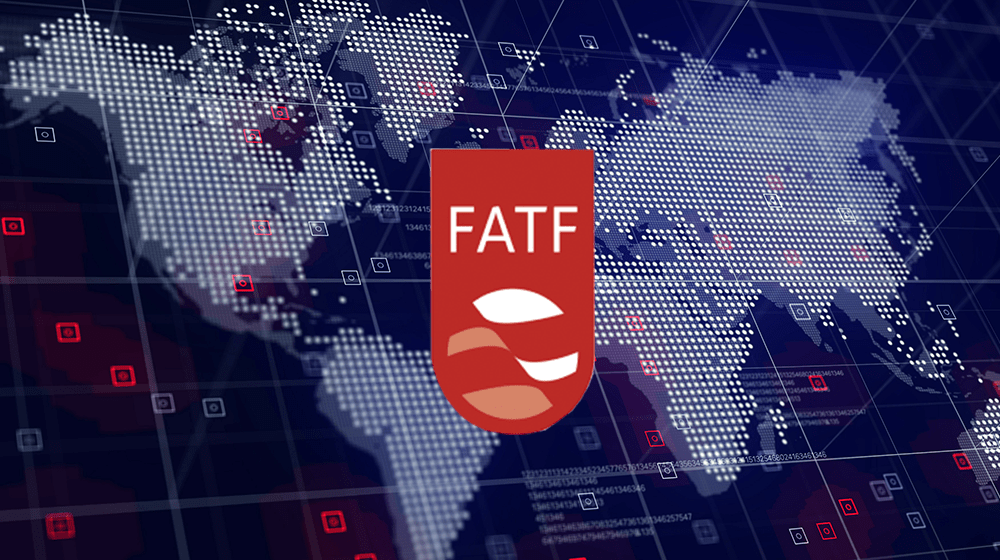The Financial Action Task Force (FATF) has added Kenya and Namibia to its ‘grey list’ of countries requiring heightened monitoring due to insufficient measures against money laundering and terrorism financing.
“At this Plenary, the FATF added Kenya and Namibia to the list of jurisdictions subject to increased monitoring,” said the FATF in a statement.
The Treasury of Kenya reiterated its full commitment to implementing the FATF’s action plan and stated that the designation would only have ‘minimal effects’ on Kenya’s financial stability. Among the measures being pursued to address is the regulation of the growing cryptocurrency trade by locals.
🇰🇪 REGULATION | Kenya Seeks Crypto Regulation to Avoid FATF ‘Grey List’
Interestingly, BitKE has consistently highlighted previous greylistings as being related to a lack of crypto regulation in South Africa🇿🇦, Nigeria 🇳🇬, and Botswana 🇧🇼. Soon after passing virtual assets… pic.twitter.com/23h1lEHWgv
— BitKE (@BitcoinKE) February 20, 2024
According to FATF, Kenya primarily faces risks associated with flows of money connected to terrorism financing from both domestic and international sources, with additional risks posed by cryptocurrencies.
Namibia’s Financial Intelligence Centre noted that placing Namibia on the ‘grey list’ could potentially have adverse effects on the country’s foreign direct investment.
The two countries are joining at least 10 African countries that are also under monitoring, as per the last update in 27 October 2023.
- Burkina Faso
- Cameroon
- Democratic Republic of Congo (DRC)
- Mali
- Mozambique
- Nigeria
- Senegal
- South Africa
- South Sudan
- Tanzania
- Uganda
However, Uganda is coming off the ‘grey list’ according to the country’s Ministry of Finance, which claims a recent onsite assessment was conducted to verify the reforms implemented by Uganda for anti-money laundering and countering the financing of terrorism.
South Africa, added alongside Nigeria in 2023 claims to be making progress to address the issues raised on.
“In late 2022, government enacted two key legislative amendments to address the identified problem areas: the General Laws (Anti-Money Laundering and Combating Terrorism Financing) Amendment Act (2022) and the Protection of Constitutional Democracy Against Terrorist and Related Activities Amendment Act (2022). These amendments address most of the legislative deficiencies identified,” South Africa’s treasury said in its 2024 budget review.
“At its October 2023 plenary, the FATF formally re-rated 15 of the 20 deficiencies as no longer deficient, with 14 recommendations now fully or largely compliant, and one recommendation not applicable. Accordingly, South Africa needs to address five outstanding technical deficiencies in which the country is partially compliant. Government intends to address these by the end of October 2024.”
_____________
About FATF
The Financial Action Task Force (FATF) leads global action to tackle money laundering, terrorist and proliferation financing.
The FATF researches how money is laundered and terrorism is funded, promotes global standards to mitigate the risks, and assesses whether countries are taking effective action.
The FATF Recommendations, ensure a co-ordinated global response to prevent organised crime, corruption and terrorism. They help authorities go after the money of criminals dealing in illegal drugs, human trafficking and other crimes. The FATF also works to stop funding for weapons of mass destruction. The FATF continuously strengthens its global standards to address new risks, such as the regulation of virtual assets, which have spread as cryptocurrencies gain popularity.
Follow us on Twitter for latest posts and updates
Join and interact with our Telegram community
_____________________________________
_____________________________________








